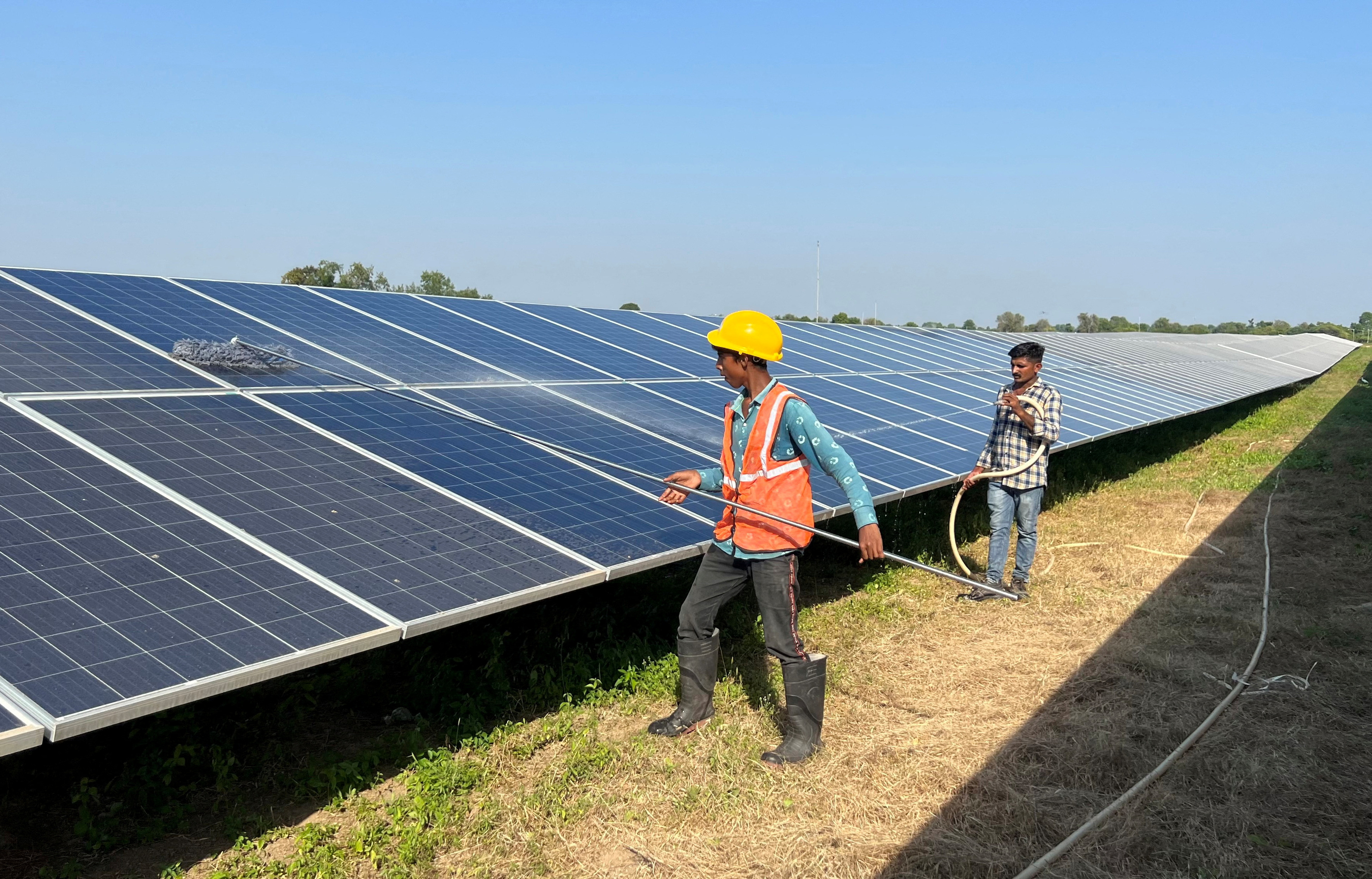Creating Efficient Regulatory Frameworks to Facilitate the Growth of Solar Energy 2023

Creating Efficient Regulatory Frameworks to Facilitate the Growth of Solar Energy 2023
Solar energy has emerged as a pivotal component in the global effort to transition towards sustainable and clean energy sources. The utilization of solar power not only reduces greenhouse gas emissions but also promotes energy independence and job creation.
In India, solar energy holds immense potential, and the government, under the leadership of Power Minister RK Singh, is taking proactive steps to harness this energy source.
:max_bytes(150000):strip_icc()/GettyImages-1278948452-e1fdce3baef44af28f449ab36d6717f3.jpg)
India’s solar energy journey has been remarkable, with significant strides made over the past decade. The country has set ambitious targets to expand its solar capacity, aiming to achieve 175 GW of renewable energy by 2022 and 450 GW by 2030.
Solar energy is central to these plans, and as of my last knowledge update in September 2021, the country had an installed solar capacity of around 40 GW. The Power Minister, RK Singh, has been a driving force behind these ambitious targets.
According to Power Minister R.K. Singh, solar energy is superior to other renewable energy sources and is also significantly more dependable.
The minister stated that regulatory mechanisms for the generation and transmission of electricity are necessary to support the sector’s expansion while speaking at the sixth assembly of the International Solar Alliance (ISA) in this location.
He stated that the nation has one of the greatest rates of increase for renewable energy capacity globally.

To accelerate the growth of solar energy in India, regulatory structures play a pivotal role. These structures provide the framework within which the solar industry can operate efficiently and sustainably.
One of the foremost priorities is to create an environment conducive to investment and development. Streamlining regulatory procedures, reducing bureaucratic hurdles, and ensuring a single-window clearance system for solar projects are critical steps advocated by the Power Minister.
To attract investors, it is essential to have a predictable and rationalized tariff structure. The government has implemented competitive bidding processes, such as reverse auctions, to determine tariffs for solar projects. This approach encourages transparency, competition, and cost-efficiency.
Ensuring that developers receive timely payments for the electricity they generate is crucial for maintaining investor confidence. The Power Minister has stressed the need for robust payment security mechanisms to prevent delays and defaults.
As solar capacity increases, integrating this intermittent source of energy with the grid becomes vital. Regulatory frameworks should promote grid modernization, smart grids, and energy storage solutions to manage fluctuations in solar generation.

Power Minister RK Singh has emphasized the importance of enforcing RPOs rigorously. These obligations mandate that a certain percentage of power consumed should be from renewable sources, thereby creating a market for solar power.
To stimulate solar adoption, the government has offered incentives and subsidies for solar projects. Regulatory structures should be designed to efficiently disburse these incentives and ensure their effectiveness.
Environmental impact assessments and clearances are necessary to mitigate the ecological effects of solar projects. Ensuring that these regulations are followed strictly helps maintain the ecological balance.
The Power Minister has stressed the importance of maintaining high-quality standards for solar equipment and installations. Strict adherence to quality norms is essential for the long-term sustainability of solar projects.
The future of solar energy in India looks promising, thanks to the concerted efforts of the government, led by Power Minister RK Singh.
To achieve the ambitious solar energy targets, it is imperative to establish robust regulatory structures that encourage investment, ensure fair competition, and promote sustainability.

These structures, as highlighted by the Power Minister, should focus on ease of doing business, tariff rationalization, payment security, grid integration, RPO enforcement, incentives, environmental regulations, and quality standards.
By prioritizing these aspects, India can accelerate its transition to a cleaner and more sustainable energy future, reducing its carbon footprint and fostering economic growth in the process.




